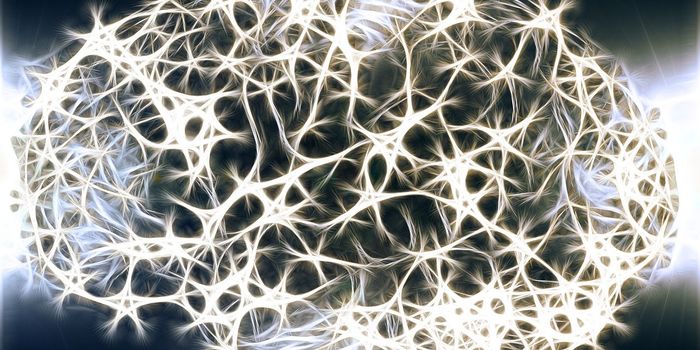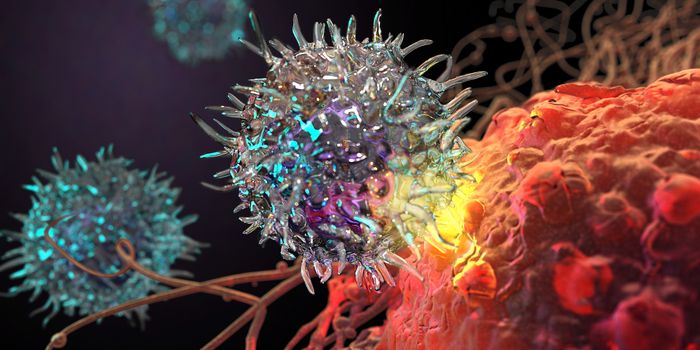An Easy Way to Scan for & Treat a Cause of Hypertension
Aldosterone is a hormone that causes salt retention, which raises blood pressure. Some people have abnormally high aldosterone levels, but it's difficult to accurately assess aldosterone levels because they fluctuate. Individuals with high blood pressure or hypertension due to high circulating aldosterone levels are often undiagnosed, and drugs that treat hypertension do not work on them, raising their risk of heart attack and stroke.
Nodules in the adrenal gland can lead to excessive aldosterone production. In January, researchers reported that these tiny, benign nodules can be easily detected with a non-invasive method. Many of the study participants had high blood pressure because of the nodules. High blood pressure can also be relieved if the nodules are removed.
Now scientists have shown that a genetic variant found in some of these nodules is what leads to the excessive production of aldosterone, and high blood pressure in carriers. The findings have been reported in Nature Genetics.
This gene variant can make it very challenging to diagnose hypertension in these patients. Aldosterone is not typically considered as the cause of high blood pressure. It's thought that fewer than one percent of people with this condition receive an accurate diagnosis. Aldosterone is released at varying levels throughout the day, and when the level is highest, hypertension and salt overload can arise. People who carry the variant may have very different blood pressure readings depending on the time of day.
The variant outlined in this study, which affects the adrenal nodules, is found in a gene called CADM1, and it interferes with the signals that cells send to one another to communicate; the signal to stop making aldosterone doesn't come through.
Many people who have hypertension never find the root cause, and have to take drugs for the rest of their lives. Some individuals have mutations in a gene that affects aldosterone production. The first patient in this study was identified when he was participating in a trial investigating ways to deal with tough-to-treat hypertension; doctors determined that his hormone levels were fluctuating.
Scientists have recommended that aldosterone levels should be checked over the course of 24 hours by a urine test, instead of through blood measurements. This could reveal more people with hypertension caused by aldosterone.
There is also a way to easily relieve hypertension caused by the aldosterone-producing nodules. A unilateral adrenalectomy, in which one of the two adrenal glands is removed, can relieve hypertension symptoms for years, even when people needed multiple drugs to control the situation.
"Because the aldosterone nodules in this study were so small, we are now investigating whether momentary cauterization of the nodule is an alternative to surgical removal of the whole adrenal gland," said co-corresponding study author Professor Morris Brown of Queen Mary University of London.









